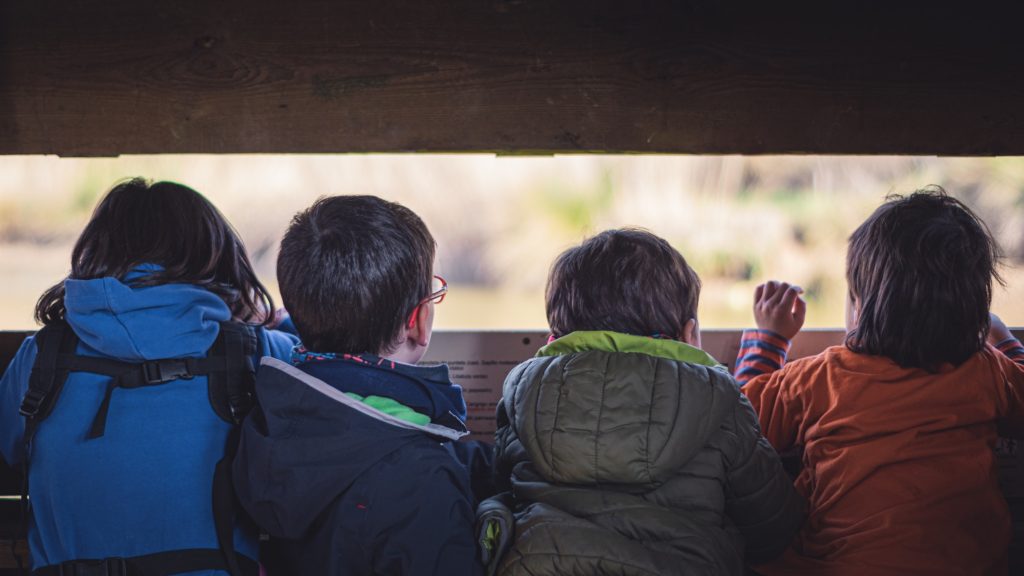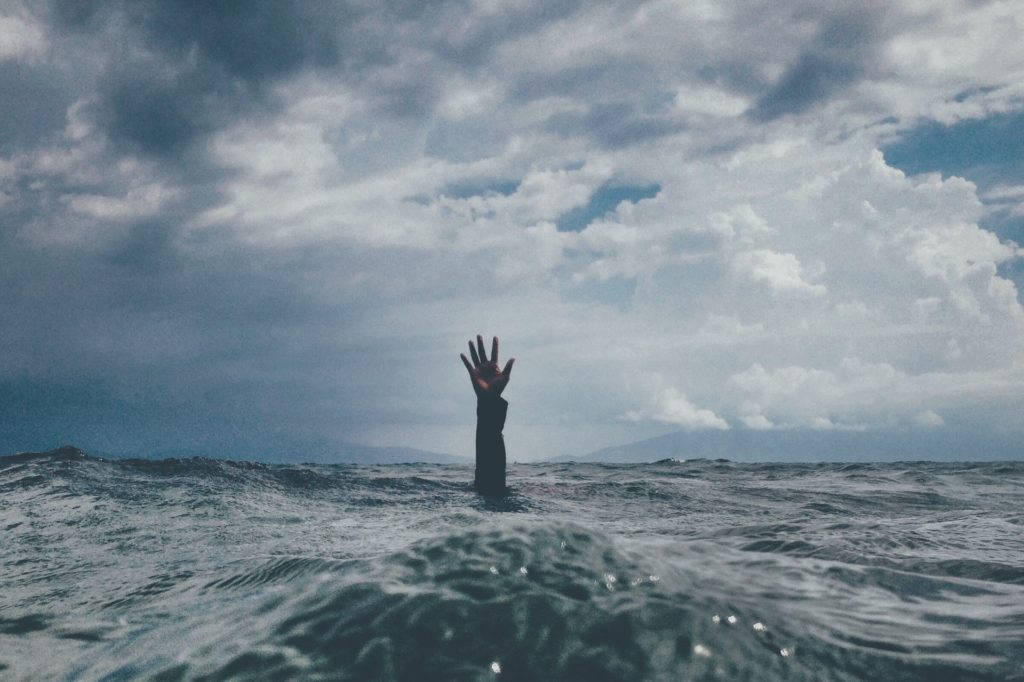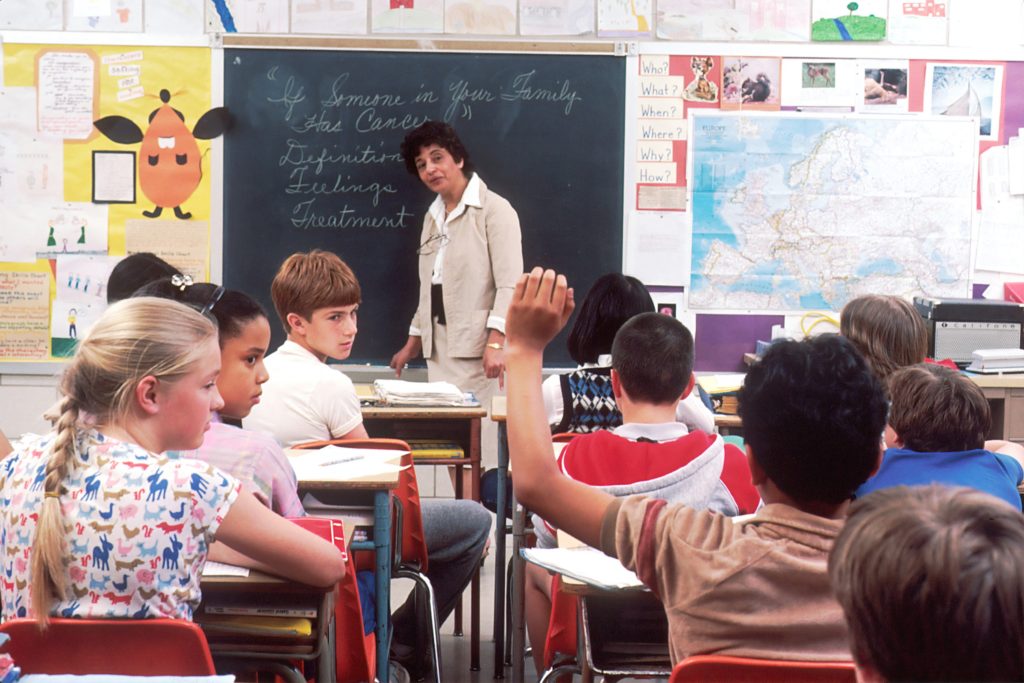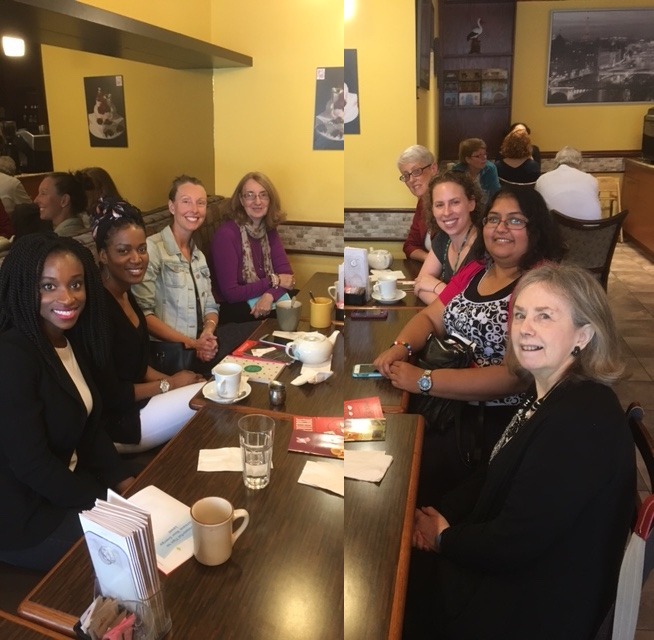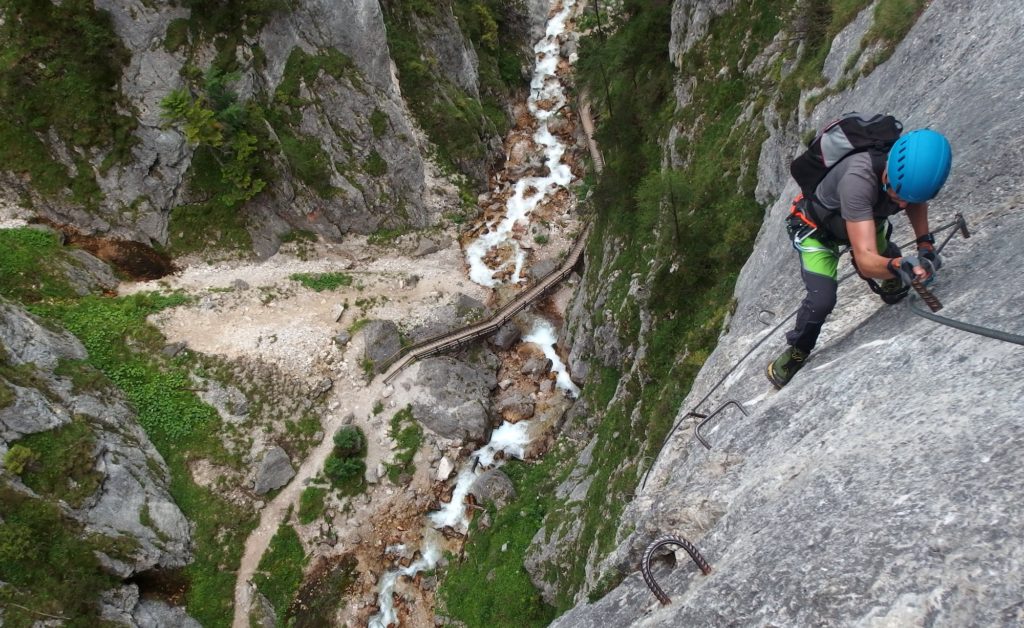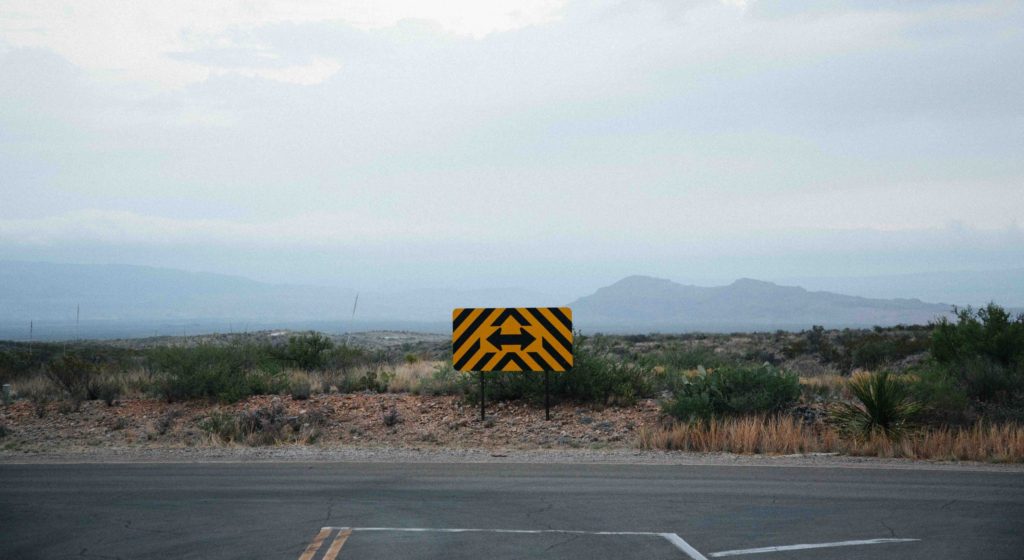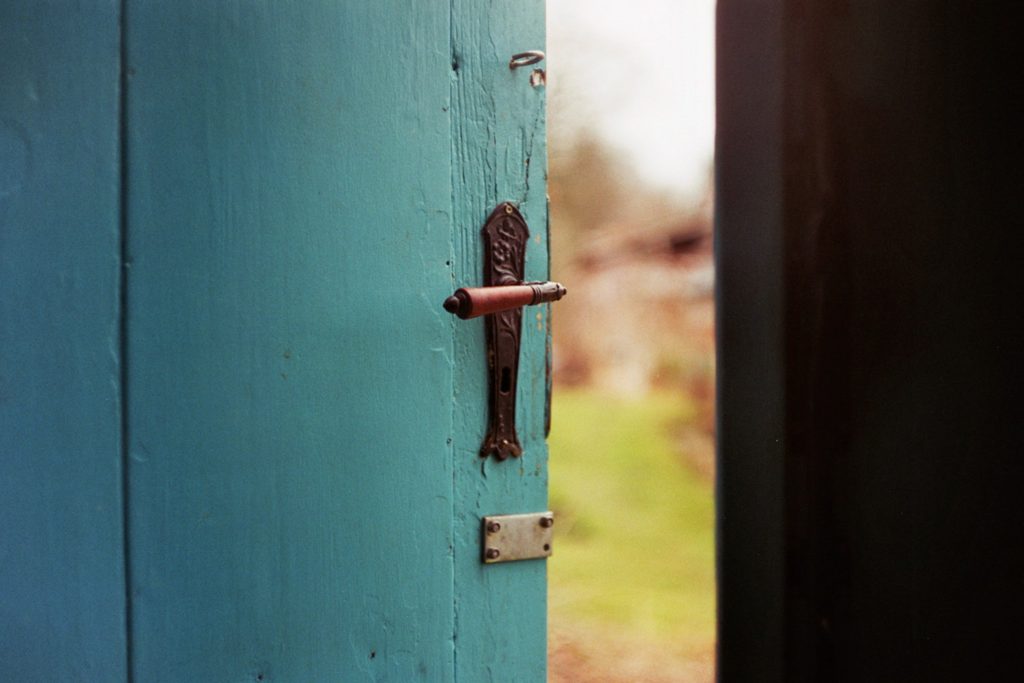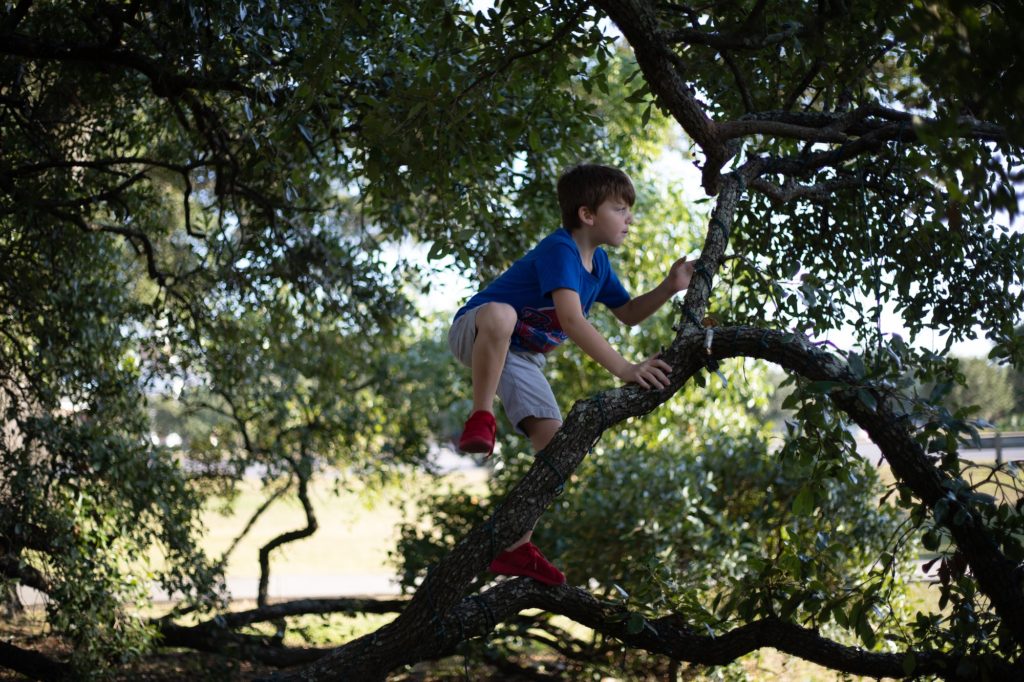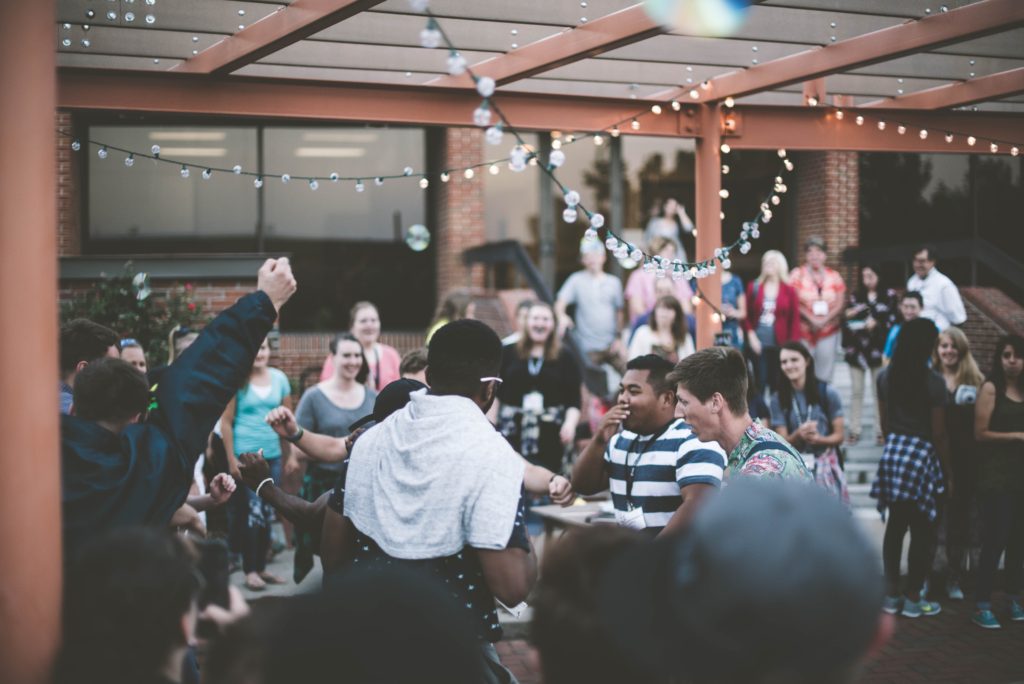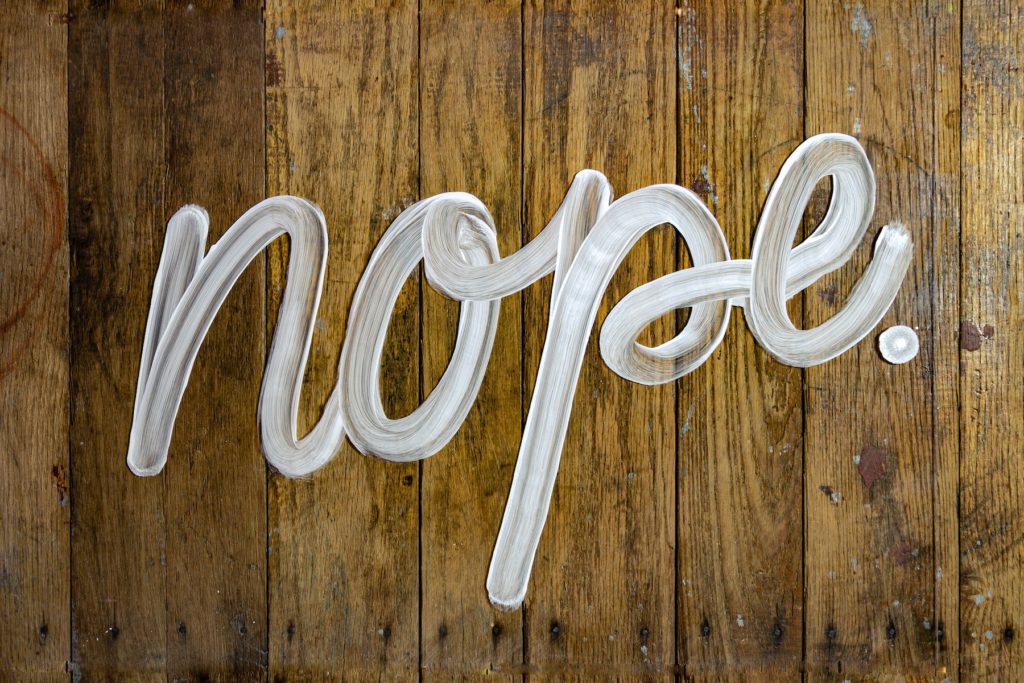
People say no all the time. No, I’m not free for coffee. No, I don’t want another cup of tea. No, I can’t go with you to the Art Gallery. Do you take it personally? Why not? I hope not.
There are lots of signs around – some say no parking; some say no walking on the grass; some say Stop. Do you take them personally? Why not?
There are many rules in our society – you must wear seat belts in a car; no parking here; no smoking. There is a fine attached to these ones. Do you take any of them personally? I hope not.
I ask myself repeatedly why we as women take things people say personally.
- Was it caused by something that happened to us in childhood?
- Are we afraid that we won’t continue with that person’s friendship?
- Do we ask ourselves “what will people think?”
- Are we lacking in self confidence?
- In business, are we often afraid that someone denying us a promotion is saying no to everything?
- If we’re self employed, when someone says no to buying our product are we afraid they’ll never buy from us? Or worse yet, that they won’t like us?
When I was at Althouse College of Education in 1972 (I was 22), an instructor was teaching a particular topic to about 50 of us. There was unrest in the other students around me, so I stood up and asked him the question that most of us were thinking. I don’t remember what it was. His reply shocked me. He paused and answered “I’ll have to rethink my opinion of you.”
He hadn’t answered the question I’d asked.
I could have taken his comment personally but I didn’t. I stood there silently thinking I was only asking the question that many people around had thought.
It was either my naïveté or self confidence that allowed me not to let his remarks get into my head. Whatever it was, I didn’t let his statement upset me.
Back to the subject at hand – you need to be aware that “taking it personally” is an issue for you and the problems it causes for you.
It takes time and experience to get rid of it but it’s possible to change a belief. Be patient with yourself :-)r
Do you have this “limiting belief”? Have you become conscious of it? Have you been able to end it?

